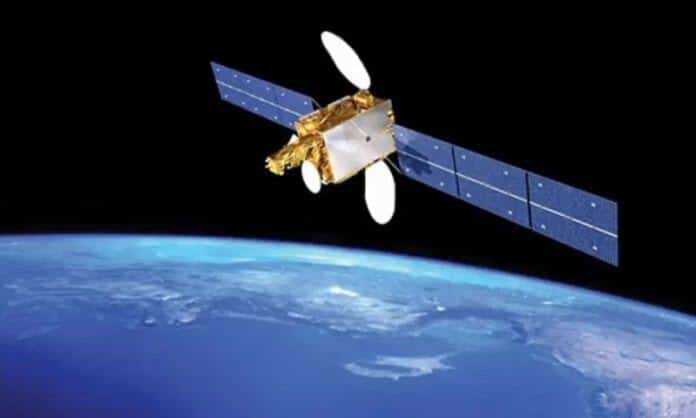Pakistan has reached a significant milestone in its space program with the successful launch and operation of its first multi-mission satellite, PAKSAT-MM1. This achievement is expected to have a substantial impact on the country’s space and digital development efforts.
During the PAKSAT-MM1 Satellite Application Conference held recently, Shaza Fatima Khawaja, the Minister of State for Information Technology and Telecommunication, emphasized the government’s commitment to using space technologies to drive national progress. She stated, “The success of PAKSAT-MM1 will revolutionize our communication infrastructure, benefiting all sectors of society.”
One of the key advantages of PAKSAT-MM1 is its ability to improve internet connectivity, especially in remote areas where access has been limited. This aligns with the government’s vision of creating a digitally connected Pakistan, which is essential for modernizing various sectors and promoting economic growth.
Minister Khawaja pointed out that digitalization is crucial for achieving socio-economic prosperity. She also highlighted Pakistan’s advancement in the UN’s e-governance development index, where the country has moved up 14 points, reflecting improvements in its digital governance practices.
Muhammad Yousuf Khan, Chairman of SUPARCO, praised the dedicated team behind PAKSAT-MM1, calling it an important tool for socio-economic development.
He noted that the satellite will offer vital services such as Direct-To-Home (DTH) broadcasting, community internet access, tele-education, and telemedicine.
Khan also encouraged local industries to work together on future space projects, emphasizing the potential for collaboration to enhance Pakistan’s presence in the global space arena.


